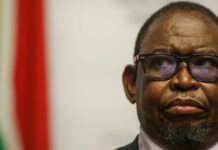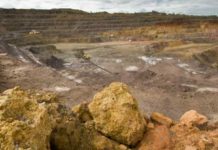
DISAGREEMENTS between governments and investors over natural resources have surged to a 10-year peak, with 32 disputes already lodged this year, said Reuters citing data from law firm DLA Piper.
The sharp increase reflects intensifying resource nationalism and heightened US-China competition for critical minerals essential to artificial intelligence, electric vehicles and renewable energy technologies, as well as traditional oil and gas revenues crucial to emerging economies, the newswire said.
Cases filed with the World Bank’s International Centre for Settlement of Investment Disputes have already exceeded last year’s total, with 17 relating to oil and gas assets. The remainder involve minerals including gold, uranium and lithium.
“As their value has become more apparent, states have felt the need to exert greater control over any deposits of critical minerals within their borders,” said Gabriela Alvarez-Avila, DLA Piper partner and co-leader of international arbitration.
Africa accounts for 10 disputes, involving Niger, Tanzania, the Democratic Republic of Congo, Mali, Morocco and Senegal. The DRC, home to vast reserves of cobalt, copper, lithium and manganese, has become a focal point for international investment competition.
Latin American nations also feature prominently. Colombian President Gustavo Petro banned fracking and threatened to block coal exports to Israel, whilst Mexico nationalised lithium in 2022. Both countries face multiple investor disputes.
Australia-based AVZ Minerals alleged in July that a deal between Kinshasa and US-backed KoBold Metals breached an international arbitration order.
Most remaining disputes occur in Europe and Central Asia, DLA Piper’s analysis showed.










